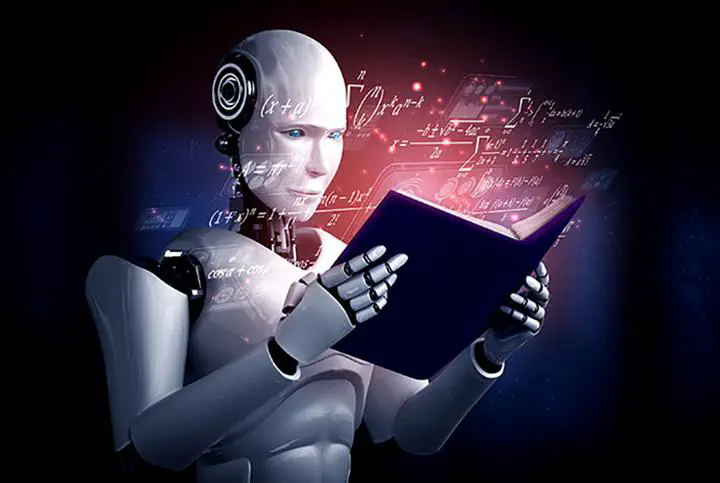Artificial Intelligence Transforms The Way We Learn

As a multidisciplinary researcher, I have worked on many different projects in universities and industry. Like many other engineering students who major in ’traditional engineering,’ which has been developing for decades, I witnessed the decline of these subjects, which are overtaken by AI overnight. For example, as an undergraduate student, I struggled to learn the basic theory of signal processing, which is overwhelmed by a mathematical wall. As a reviewer for signal processing-related papers in recent years, I saw no related up-to-date research based on the traditional methodology. Instead, AI models with large-scale data collection and developing well-designed training paradigms surpass the conventional methods by a large margin. That makes me wonder where our way of learning is heading in the era of AI.
The Impact of AI on Learning
Artificial intelligence will take over human capability (not intelligence) in the near future. The fundamental reason is that machines can keep learning infinitely while our biological limitations bind humans. We need rest, leisure, and entertainment, and we have sinful laziness occasionally. All these limitations are not present in machines. The impact of artificial intelligence on higher education is as significant as the birth of modern universities in Europe in the twelfth century, marking a fundamental transformation. AI will rebuild all subjects. In the future, as artificial intelligence develops rapidly, the existing university organizational structures, disciplinary systems, knowledge frameworks, and teaching methods could be completely dismantled and rebuilt.
The impact of artificial intelligence on higher education is as significant as the birth of modern universities in Europe in the twelfth century, marking a fundamental transformation. All subjects will be rebuild by AI. In the future, as artificial intelligence develops rapidly, the existing university organizational structures, disciplinary systems, knowledge frameworks, and teaching methods could be completely dismantled and rebuilt.
The Core of Education
When we train students, we must cultivate great wisdom and let them have some small cleverness. The great wisdom here refers to grasping the principal contradictions, grasping the essence of things, and understanding the basic operating principles. For example, I know the principles of architecture and design, and at the same time, I can master the technical details of things through practice. Mastering great wisdom requires combining theory and practice. People must think and act deeply enough on specific issues before appreciating the great wisdom involved.
The Future Scientific Research
We have always believed that scientific research must be based on thorough understanding of the matter so as to realize what we want. For tomography imaging, for example, we traditionally need to model the forward function through electromagnetic principles with multiphysics simulations. Later, we found that end-to-end learning with a network without such knowledge works quite well.
AI does not follow common sense; its unique value is in its “unexplainability”. AI doesn’t understand how things work but can get things done. This idea is analogous to a bird that can fly but doesn’t know the computational fluid or physics principles behind flying. Such “inexplicability” is an incredible characteristic of AI. In this regard, in the future, the scientific research paradigm will be completely different from the past and the future: Why do we stick to the traditional paradigm that scientific research must based on understanding instead of collecting sufficient data to train AI and get things done? I believe scientific research has entered a new era utterly different from the past.
However, I would say in medical AI; clinical professionals still require explanations for AI reasoning. This is an indispensable part of results if we want to publish our paper. In the future, as the growth of AI and more validations are shown in practical scenarios, we will get used to the new paradigm without explainable reasoning and trust the outputs of AI. For example, if an AI model performs a task in all unseen datasets with nearly 100% accuracy, do we still need to crack down the network to analyze the complicated intermediate features in search of ‘understandings’ behind it?
Acknowledgement: Prof. Xing Li (Tsinghua University)